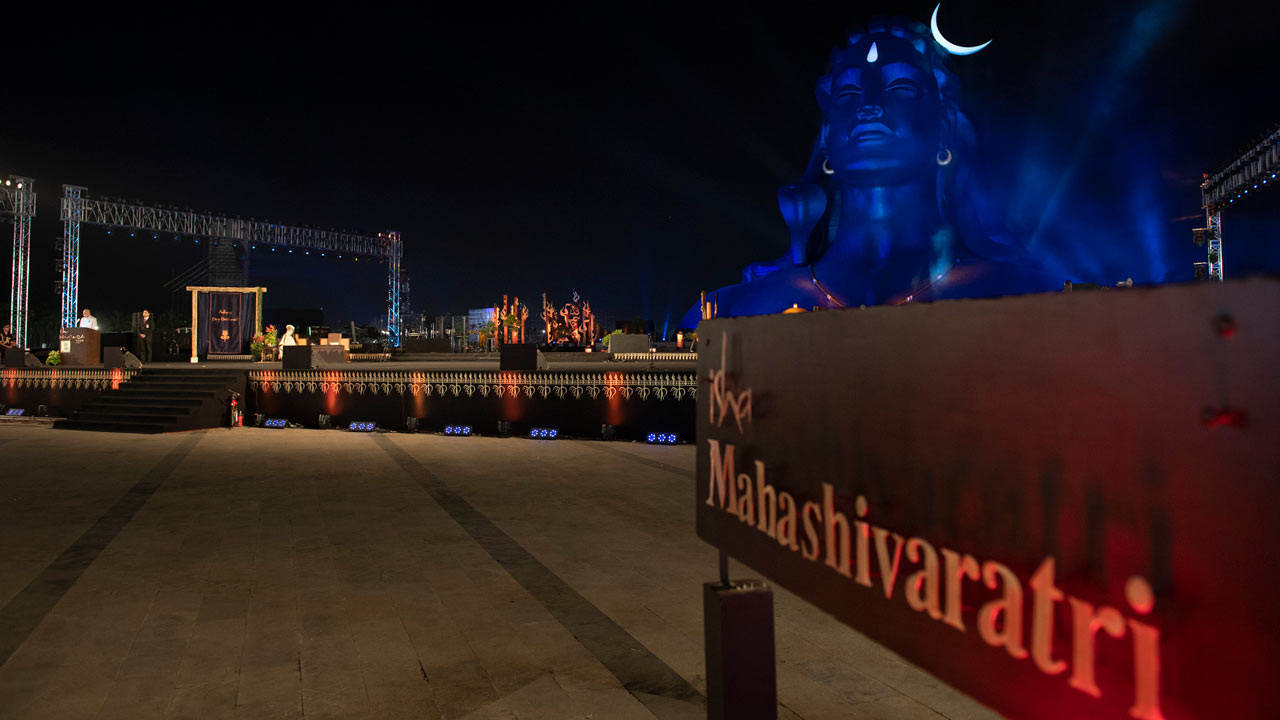
Maha Shivratri 2020: Maha Shivaratri is a major festival in Hinduism annually observed in honour of Lord Shiva which is also known as the also known as 'Padmarajarathri' and 'The Great Night of Shiva'. On this day devotees worship Lord Shiva, observe a strict fast and do various religious activities to please Lord Shiva. Devotees further believe that by pleasing Lord Shankara on the auspicious Shivaratri day, a person is absolved of past sins and is blessed with Moksha or salvation. The day marks a remembrance of overcoming darkness and ignorance in life and the world. It is said that Maha Shivaratri marks the anniversary of the cosmic dance performed by Lord Shiva. On Maha Shivratri, devotees wake up before sunrise and take a ritual bath, preferably in the holy waters of river Ganga. After that, devotees then wear fresh new clothes and pay a visit to the nearest Shiva temple and do Jalabhishek on Shivling with six different dravyas including milk, yoghurt, honey, ghee, sugar and water, these six items form an indispensable part of Shivaratri, some even put devotees put some bhang on it.After that devotees offer Akshat, Abir, Gulal etc. on Shivling. They also offer white flower, lotus flower. Devil's trumpets (dhtura ka ful) and Bilwa Leaf (belpatra) hold a lot of importance, some devote's even offer 108, 1108 belpatra on the Shiv ling. Few Bilwa leaves are kept on top of the Shivalinga to cool the hot-tempered deity. It is believed that devotees who offer a trifoliate bel patra to the Shivlinga with devotion, Lord Shiva blesses him/her with whatever the person desires. Devotees also burn incense sticks, light lamps, offer white cloth, sweets, any five, fruits and panchamrit. This ritual worship of Lord Shiva on Maha Shivratri continues through the day and night. In the evening, before going to the temple for Shiva Linga puja, one should again take bath. Those devotees who cannot visit the temple for one reason can perform Puja at home. Devotes stay awake and spent the night in Shiva temples by chanting 'Om Namah Shivaya' and singing hymns and verses in praise of Lord Shankar. Devotees break their fast on the next morning of Maha Shivratri by partaking prasad offered to Lord Shiva. Married women pray to observe fast on Maha Shivratri for the well being of their husbands and sons, whereas unmarried women pray for a husband like Shiva, who is considered to be the ideal husband.